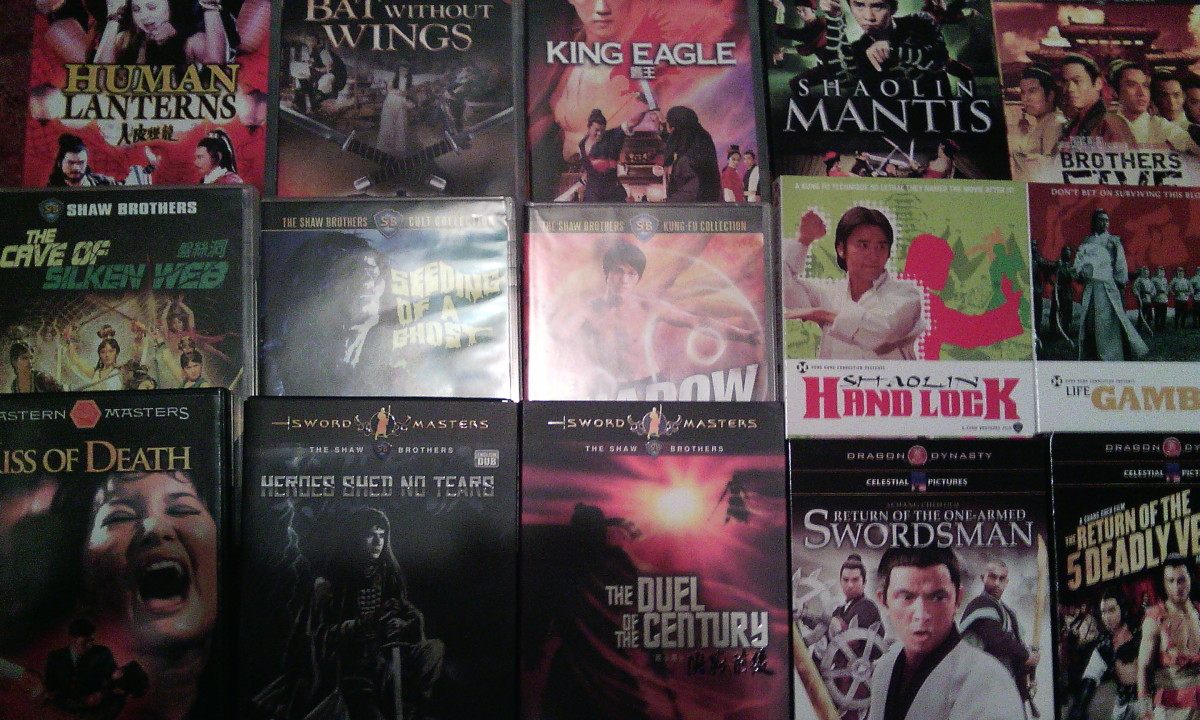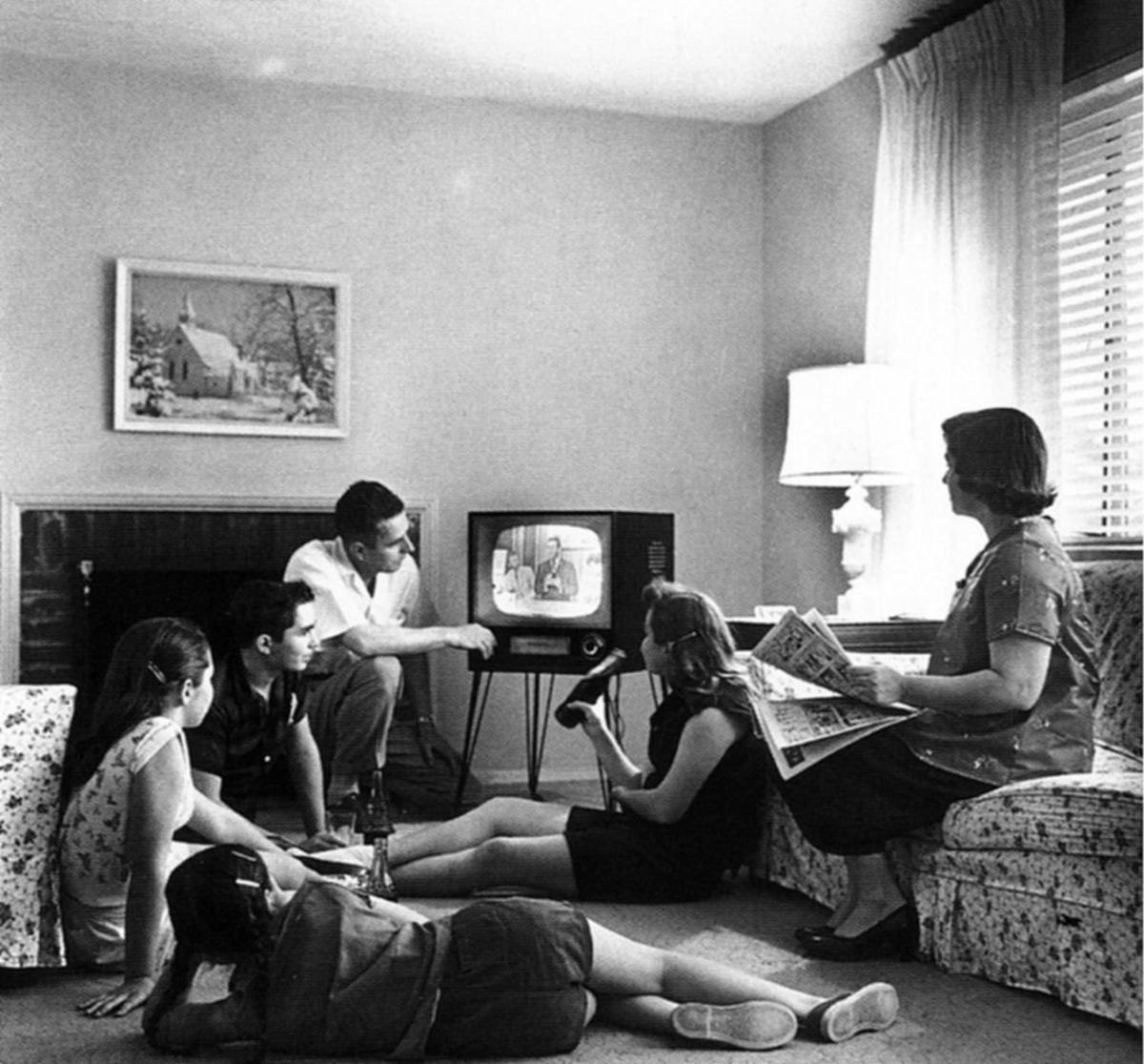HDTV and the Death of Illusion

We see the commercials everywhere for them, some involving the film world integrating with the real as people navigate their homes. As most know, HDTVs are becoming the norm, with plasma or LCD flat screens becoming the typical format for television owners everywhere. Many of these flat screen TVs are perfect for viewing larger and crisper picture by taking up even less space than a fireplace mantle.
But there's one issue I have with many of the high definition, large televisions: They take away the magic of film.
I first noticed the downside of high-def when I was at a friend's house over a year ago. He was watching a DVD of 24 . I noticed it looked off, visually. It looked too crisp, almost like the TV was pushing the DVD's anamorphic aspects further than they could go. The framerate was choppy, and didn't run so smooth, mostly during action-oriented moments where camera movement was erratic. I noticed this happens with the larger screens, and with films or shows that are seemingly remastered. It's almost as if the cinematography shifts to a more dry visual.
At another's place, flipping through channels, we began watching the middle of a Star Wars film in high def on the television, another large one, and to me it looked as if the picture was too crisp, taking away the illusion of film magic and making Yoda look even more like a puppet, and the sets look like sets as opposed to a natural environment. The film's lighting became more apparent rather than invisible as it should be, and it felt like I was watching a manufactured film rather than immersing me into the fictional world. I know it's not me, as my father even agreed with me on these points. My family owns an HDTV, but it's not large and it doesn't seem to be so high-def that it makes films look harsh or too smooth. It's almost as if these HD big screens tend to make the framerate higher than it should be, taking away the softness that films require to be aesthetically illusive. Being a film guy, I find that it's incredibly distracting when things look too real, almost like a high quality handheld was used for filming some of these great movies.
A Blu-Ray player doesn't seem to take me out of a film, as my parents own one, and much of the HD channels on AT&T's U-verse don't either. It seems to be specifically caused by these certain televisions, and it kind of disturbs me that many of their owners don't recognize the lack of vision the films have on these things. There is now in my opinion, such thing as “too clear”. Films filmed back in the beginning of film to the 70s and 80s, and even the 90s, were not filmed with high definition in mind. Films can be treated in beautiful ways to make them more fitting for this wave, but when a TV forcefully attempts to do this, it seems to only make the fictional world feel like fiction. It feels artificial as opposed to beautifully artistic. That's something I've determined is not the direction picture quality should go.
I'm not against remastering of films for DVD quality. I'm not against making the way objects look on screen more crisp. But I am against television stepping where it shouldn't, in the work that photographers have put into a film, only to remove it for the sake of selling more HDTVs to people who don't care, but should.
Maybe if you're not so keen on picking up the cinematic visual style, it's not so easy to notice the kind of negative (in my opinion) impact these TVs cause in the viewing experience. I'm betting it's especially hard when it's the main TV you view if you own one. I have no real problems with the direction high definition is going in general, as most of it seems to simply advertise higher resolution in the images without taking away the film's original cinematographic qualities, but I feel like many of these new large HDTVs cause the magic of film to be lost in favor of technological advances, which also seems to coincide with the increasing assimilation of digital projectors in which movie theaters are taking part. As Quentin Tarantino has said, “If it actually gets to the place where you can't show 35mm film in theatres anymore and everything is digital projection, I won't even make it to 60.”








